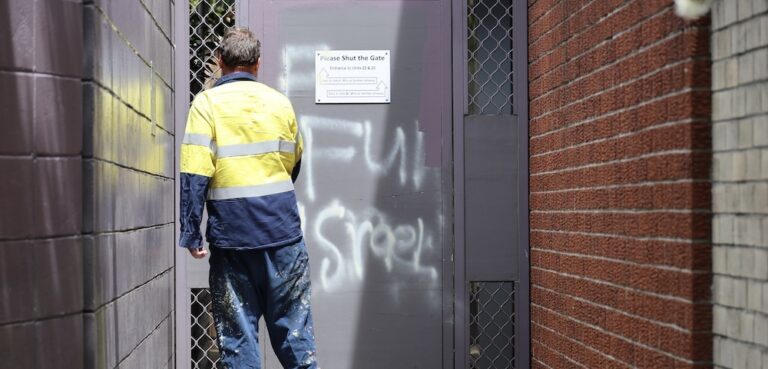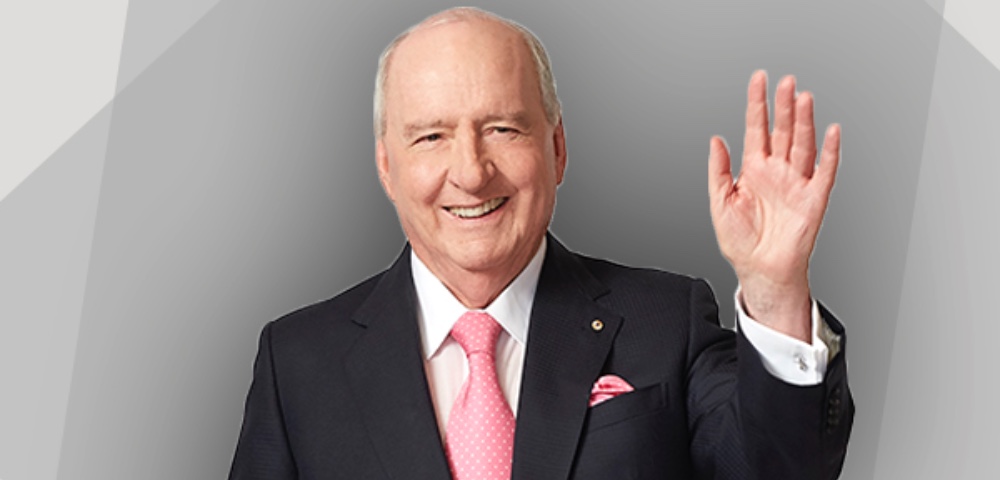
Why your preferences matter

BY MERRILL WITT
Proportional representation in the NSW Legislative Council or Upper House ensures that seats are allocated to minor parties, and optional preferential voting all but guarantees its motley makeup.
But is the election of candidates from minor parties a true reflection of the democratic will of the voters given that a few MPs will scrape in with votes less than half the eligible quota of 4.55% of the total votes cast?
The night before the election, former Opposition Leader Michael Daley was grilled on Channel Ten’s The Project about why Labor was preferencing the Shooters Fishers and Farmers Party. Daley tried to explain that under NSW’s optional preferential voting system, “the voters have the power to direct their preferences or not”.
Recommendation only
In fact, since 2003, parties have only been able to recommend how to allocate preferences by handing out “How to vote” cards for both the Lower and Upper Houses.
Members of the Legislative Council serve eight-year staggered terms and every four years half the house or 21 members are elected.
On the ballot paper for the Upper House, voters have the option of just placing a “1” above the line. This assigns their vote to at least 15 party candidates listed in the column below in an order of preference that is decided by the party.
Alternatively, voters can preference below the line a minimum of 15 candidates from multiple parties in any order.
At the 2015 election, 83 per cent of voters placed only a “1” above the line even though they could have assigned their second, third and fourth preferences etc to other parties.
This created a scenario where preferences were quickly exhausted, allowing minor party candidates to be elected on very low primary votes and without meeting the initial eligible quota.
It also meant that the 17 per cent of ballots with more than one preference assigned either above or below the line stayed longer in the count and were crucial to deciding the few remaining seats.
ABC election analyst Antony Green says that the rate of exhausted preferences has added “a whole new variable to elections”.
The final count for the most recent election of the Upper House was only announced on Monday. Surprisingly, this time around the number of ballots with multiple preferences above the line doubled from 15 to 28 per cent. Below the line votes also increased, from 1.8 to 2.7 per cent – a jump of almost 50 per cent.
The Tally Room’s Ben Raue predicted that the increase in the number of preferences would favour the left-of-centre parties.
“It seems likely that preferences will flow more strongly among progressive voters whose parties largely cooperated on preferences.”
He was right. Stronger preference flows among the left-of-centre parties secured two of the three remaining seats for Labor and the Animal Justice Party. One Nation picked up the third.
The Coalition now has 17 seats in total, down three seats from the last election. With a crossbench of 11 MPs, the Government will have to secure at least five of their votes to pass legislation in the Upper House.
One Nation, the Shooters Fishers and Farmers Party and the Christian Democrats have five seats between them, making it possible for the Government not to have to rely on votes from the six other left-of-centre crossbench MPs, which include three Greens, two members from the Animal Justice Party and the Independent Justin Field, who recently defected from the Greens.
Coalition’s majority reduced
Perhaps not the outcome desired by the voters, who after all reduced the Coalition’s majority in the Legislative Assembly to only two seats?
So would encouraging voters to preference more parties above the line make a difference to the outcome?
Early analysis of the most recent election certainly suggests that a lower rate of exhausted preferences did swing results in favour of the more progressive parties, at least for the few remaining seats in the Upper House not decided in the early counts.
So yes, preferencing more than one party above the line really does matter.









